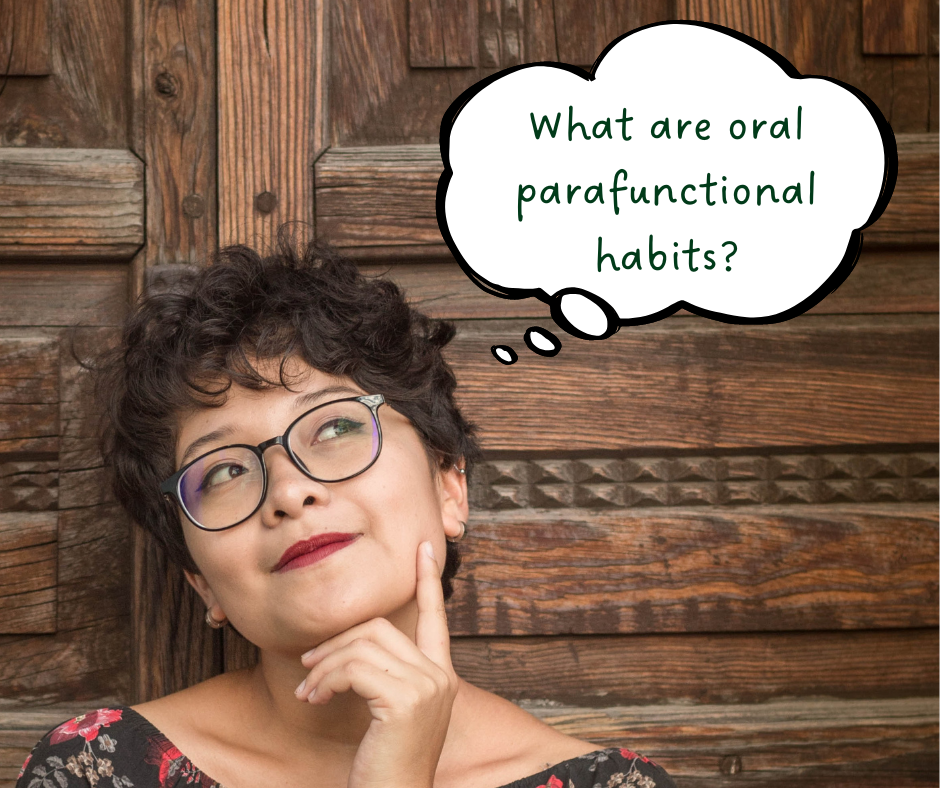
In a nutshell, oral parafunctional habits are those we do unconsciously. Often, they are habits we turn to when we are feeling stressed. Oral parafunctional habits often discussed in adult dentistry are jaw clenching and bruxism.
Jaw clenching occurs when a person clamps their teeth down on top of each other without movement. It can be damaging to the teeth, causing toothaches, and can also lead to jaw, neck, and shoulder pain; and even tension headaches. Jaw clenching is sometimes combined or confused with bruxism, but it can simply be a habit you’ve developed to bear the everyday stresses and anxieties of life.
On the other hand, bruxism is an oral parafunctional habit when a person involuntarily grinds their jaw. Bruxism is sometimes considered a sleep disorder as it is commonly a nocturnal manifestation. However, it can also happen during the day. In both situations, bruxism is often the result of stress.
But did you know there are other parafunctional habits?
Thumb sucking
Children often have the natural inclination to suck their thumbs. Usually, by three years, toddlers have grown out of thumb sucking. However, for some this habit continues into adolescence and adulthood as a coping mechanism for life’s stressors. Unfortunately, it can cause damage to the bite and alignment and potentially a host of other problems.
Tongue thrusting
This one sounds gross, but basically, it’s a habit some people have where they do just that: thrusting or pushing their tongue forward against their teeth front top and bottom teeth when relaxing, speaking, or even swallowing. This one is considered an orofacial myofunctional disorder which can be treated by an orthodontist.
Mouth breathing
That’s right! Excessive mouth breathing is technically considered a parafunctional habit which can have dire consequences for mouth health—from bad breath to gum disease! This one is a bit different than the above-mentioned habits as it often isn’t associated with stress relief but rather a symptom of something else.
Bottom line
If you, your partner, or your kids experiencing any of these oral parafunctional habits, please bring them up to your dentist at your next visit. They can help guide you on the best way to minimise or treat these habits. Book your next appointment here: https://flawlessdental.com/contact-us/request-an-appointment/





